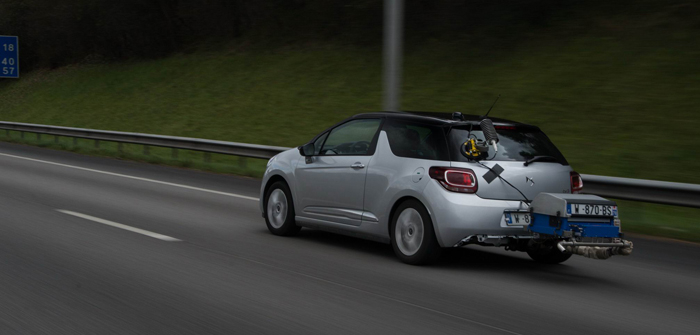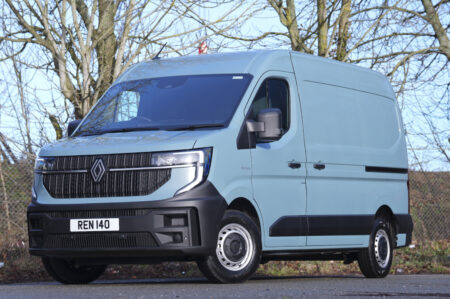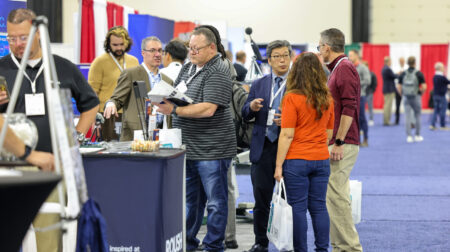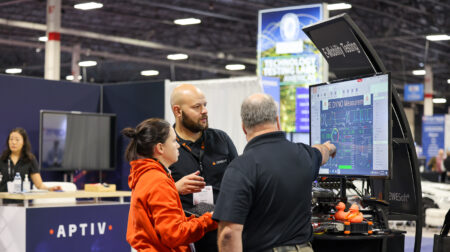Groupe PSA, FNE, T&A and Bureau Veritas have released a report on the findings of their real-world fuel economy tests, following 18 months of testing 60 vehicles over 430 road tests covering more than 40,000km.
With the intention of giving full and transparent information to customers, the development of the real-world fuel consumption test protocol commenced in 2015 and aimed to cover 80% of passenger cars and light commercial vehicles sold by the Peugeot, Citroën and DS brands.
The tests performed on passenger cars show an average fuel consumption of 5.8 l/100km, and confirm an average gap with official type approval figures of 1.74 l/100 km.
The measurement protocol showed that the onboard computer is reliable representation, the diesel powertrain consumed 1.5 l/100km less than a gasoline, and a diesel car’s efficiency is less sensitive to driving style.
In addition to this, data showed that fuel consumption is lower on cars with a manual gearbox than with an automatic transmission (-0.4 l/100km).
The results show PEMS tests provide a representative and repeatable basis for measuring real-world fuel economy and CO₂ emissions. The test protocol, which provides accurate fuel consumption information for drivers, is highly reproducible with a margin of error of just ±3%.
Philippe Lanternier, executive vice president, corporate and business development, Bureau Veritas said, “The protocol has proven to be extremely reliable for real-world fuel consumption tests. We are confident this extensive experiment can be successfully replicated to effectively measuring NOx emissions. This new step will contribute to further increase the reliability of automotive tests and measurements.
September 13, 2017
